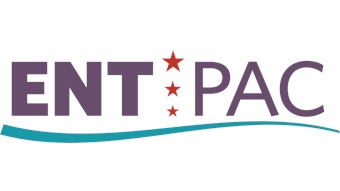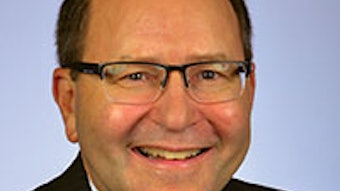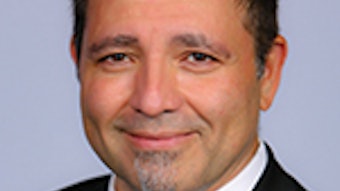Physician-owned private practice in ENT—Not dead yet!
There was a recent and very interesting discussion on the ENTConnect forum titled “The Devaluation of General ENT/HNS Private Practice” that evolved into an eloquent discourse on the current state of the practice of otolaryngology in our country.
BOARD OF GOVERNORS
David S. Boisoneau, MD,
BOG Region 1 Representative
 David S. Boisoneau, MD
David S. Boisoneau, MD
His concern is valid, of course. As of 2016, for the first time, physician-owned private practice is below 50 percent nationwide. When residents were surveyed, only 22 percent saw themselves in private practice. This trend largely started in the 1990s as a push to integrate physician practices with nearby hospitals, a movement grounded in the belief that managed care would be the model of the future. However, the demand for managed care dwindled in the late 90s, and many physician-hospital partnerships disbanded. Then, in the early 2000s, legislation put increased financial pressure on private practices. Following that, the Affordable Care Act increased the number of patients on Medicaid but cut payments to providers. Now, expensive electronic health record systems are essential quality reporting simply to avoid further financial penalties. And, in the near future, fee-for-service payments will transition to fee-for-performance, which many feel could completely finish off small private practice.
However, as Monty Python says: “I’m not dead yet!” The ENTConnect discussion was full of excellent and encouraging words from all types of ENTs: private practice, academic, hospital-employed, residency directors, fellowship-trained subspecialists, and more. Many issues were discussed, including how residents are trained and retained, overproduction of subspecialists, regulatory burdens, work/life balance, leadership, and advocacy. Everyone shared a mutual love of our specialty and a huge amount of respect for one another. The private practice ENTs all stated that, while challenging, their practices are highly rewarding. In fact, there is some recent evidence that physician burnout rates are significantly lower in small, independent private practices. Some felt that there should be more representation of small, private, general ENTs in leadership positions like the Board of Governors (BOG). My current experience with leadership in the BOG contradicts this, fortunately.
I’ll end with a quote from the discussion (with author’s permission), as William R. Blythe, MD, is far better with words than I: “Medicine is always changing. The lines between ‘private practice,’ ‘academic medicine,’ ‘practice ownership,’ ‘employed physicians,’ ‘fee for service,’ ‘pay for performance,’ ‘sub-specialists,’ and so many other divisions are becoming progressively blurred. The only thing that is certain is that nothing is certain. The only thing that never changes is the fact that things are always changing. We need to continue these excellent discussions and nurture leadership that always advocates for the best interest of our patients first and our specialty as a whole.”











